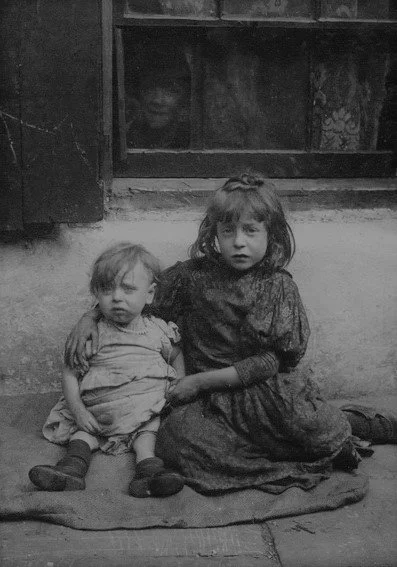Chris Powell: Teen’s missing teeth indict parents and state
Possible ways for adverse childhood experiences such as abuse and neglect to influence health and well-being throughout the lifespan, according to the Centers for Disease Control and Prevention.
MANCHESTER, Conn.
How, in a wealthy and highly taxed state with scores of social programs and constant prattling about unmet human needs, does a 17-year-old girl approach adulthood missing six teeth and able to eat only soft food?
This month a report by Theresa Sullivan Barger, of the Connecticut Health I-Team, blamed the state Department of Children and Families for not taking custody of the girl soon enough after being notified that, after a long period of abuse and neglect, she had been expelled from her home and had to move in with a friend's family.
DCF, always reluctant to remove children from their parents, replied that neglect, abuse and an inability to function independently, criteria for removing a child, are usually harder to prove as children reach their later teens.
Of course, there will be no definitive public accounting for the girl's circumstances, because DCF case work is confidential by law until there is a fatality and the state child advocate investigates and reports. Only the girl herself and her supporters are fully free to talk and give their side now. Despite the journalism here that should stoke outrage, the governor and the General Assembly will ask no questions, much less investigate, though the girl's case is another hint about the foremost problem of both Connecticut and the country -- institutionalized child neglect.
Child-protection agencies seldom cause child neglect. Mostly they just clean up after it. Those agencies often can do little more than prevent kids from being maimed or murdered amid neglect or abuse. If children turn 18 and enter the world on their own with rotted-out teeth, child protection still can consider it a success.
But don't stop with the missing teeth. How do most Connecticut children graduate from high school without mastering high school classes, many illiterate and qualified only for menial work as they reach adulthood?
A painful answer was provided in 2016 by Superior Court Judge Thomas G. Moukawsher in his decision in one chapter of Connecticut's decades-long, futile and misdirected school-financing litigation: neglect by parents compounded by neglect by state government, whose only genuine educational policy is social promotion.
Just as it's enough for state government that children should reach 18 alive, it is enough for state government that children should finish their education with diplomas they didn't earn. Poverty begins at home, with fatherlessness generated by welfare stipends, and then is perfected in school by social promotion. Abandonment of life's crucial standards is comprehensive.
Meanwhile, ever more proclamations, policies, and programs emanate from a government that is oblivious to its failure to accomplish more than its own expansion.
The most effective way for government to end poverty might be just to stop manufacturing it -- to ensure that children have parents, to stop pretending they are learning when they're not, and to start treating government as the means to an end, not the end in itself -- the end, the purpose, being the child, the future.
The writer, philosopher and Catholic polemicist G.K. Chesterton raged about similar obliviousness in government in Britain a century ago.
"With the red hair of one she-urchin in the gutter I will set fire to all modern civilization," Chesterton wrote.
"Because a girl should have long hair, she should have clean hair; because she should have clean hair, she should not have an unclean home: because she should not have an unclean home, she should have a free and leisured mother; because she should have a free and leisured mother, she should not have an usurious landlord; because there should not be an usurious landlord, there should be a redistribution of property; because there should be a redistribution of property, there shall be a revolution.
“That little urchin with the gold-red hair, whom I have just watched toddling past my house, she shall not be lopped and lamed and altered; her hair shall not be cut short like a convict's. No, all the kingdoms of the earth shall be hacked about and mutilated to suit her. She is the human and sacred image. All around her the social fabric shall sway and split and fall; the pillars of society shall be shaken, and the roofs of ages come rushing down, and not one hair of her head shall be harmed.”
Chris Powell is a columnist for the Journal Inquirer, in Manchester.

